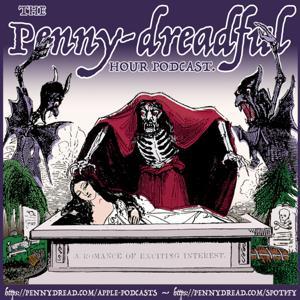IF THERE WERE a category in the Guinness Book of World Records for the state with the crankiest former governor, Oregon would surely hold the title.
The state would have earned the record in 1886, when it elected Sylvester Pennoyer. And Pennoyer would have clinched it seven years later with a telegram he shot off to the President of the United States of America telling him, in essence, to mind his own damn business.
His precise words:
Washington: I will attend to my business. Let the president attend to his.
— Sylvester Pennoyer, Governor of Oregon.
This famous telegram was in response to a note from the president, Grover Cleveland, urging western governors to take steps to make sure no Chinese people got hurt in riots or demonstrations following the renewal of the Chinese Exclusion Act. The president had sent the same telegram to the governors of Idaho and California and gotten very different replies. (Washington wasn’t a state yet.)
But then, Pennoyer was no friend of the Chinese. Or any other ethnic minority either, for that matter. In fact, he owed his governorship to an incident in 1886 in which he and a mob of workers crashed an outdoor meeting being held by the mayor of Portland and turned it into a slogan-chanting anti-Chinese rally-cum-riot. His role in the riot catapulted him to the head of the anti-Chinese worker movement in Oregon, which clinched the election for him a few months later.
But I’m getting ahead of myself here. Let’s take this story from the top — it’s more interesting that way.... (Salem, Marion County; 1880s, 1890s) (For text and pictures, see https://offbeatoregon.com/2502d1008a.pennoyer-crackpot-governor-690.082.html)




































